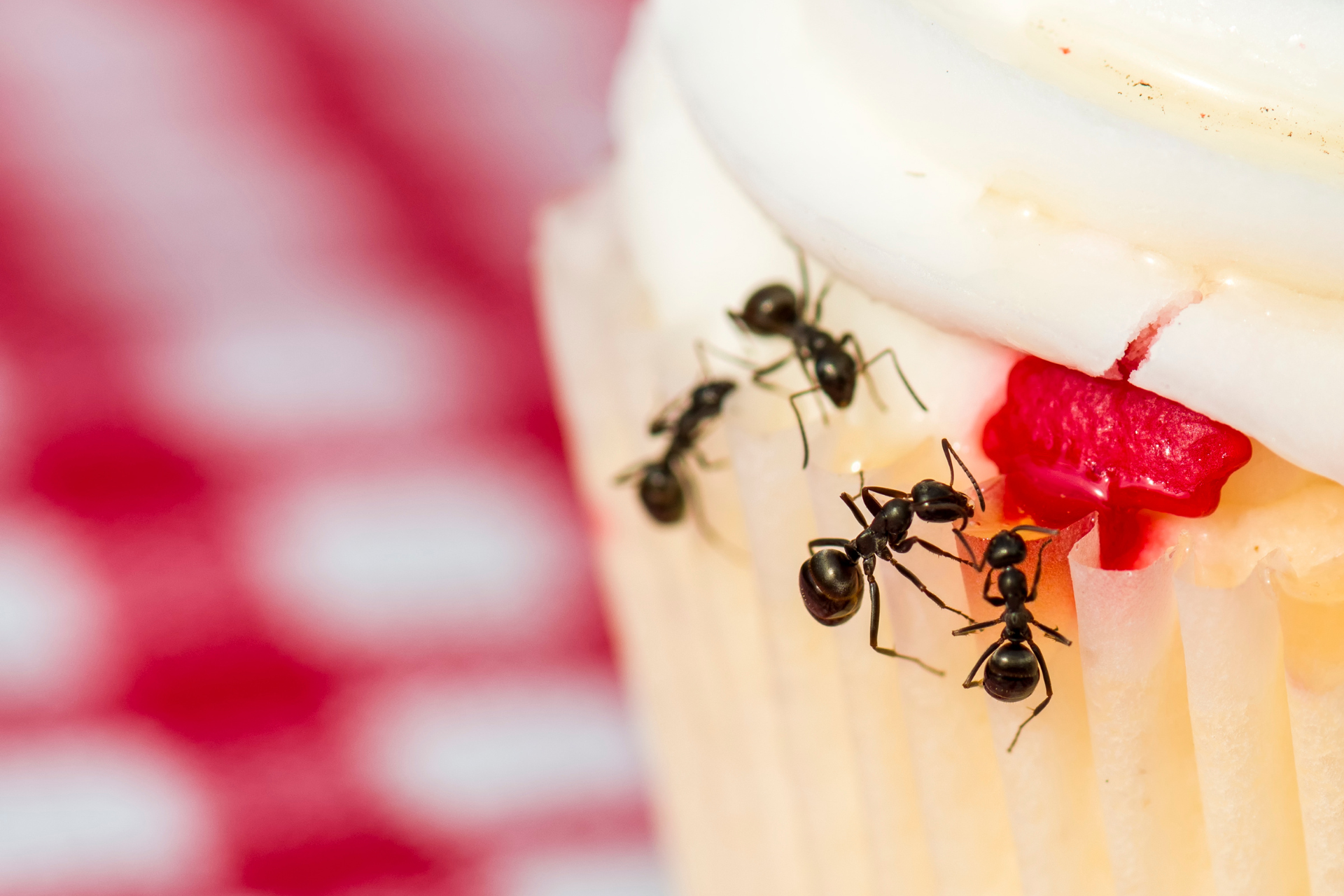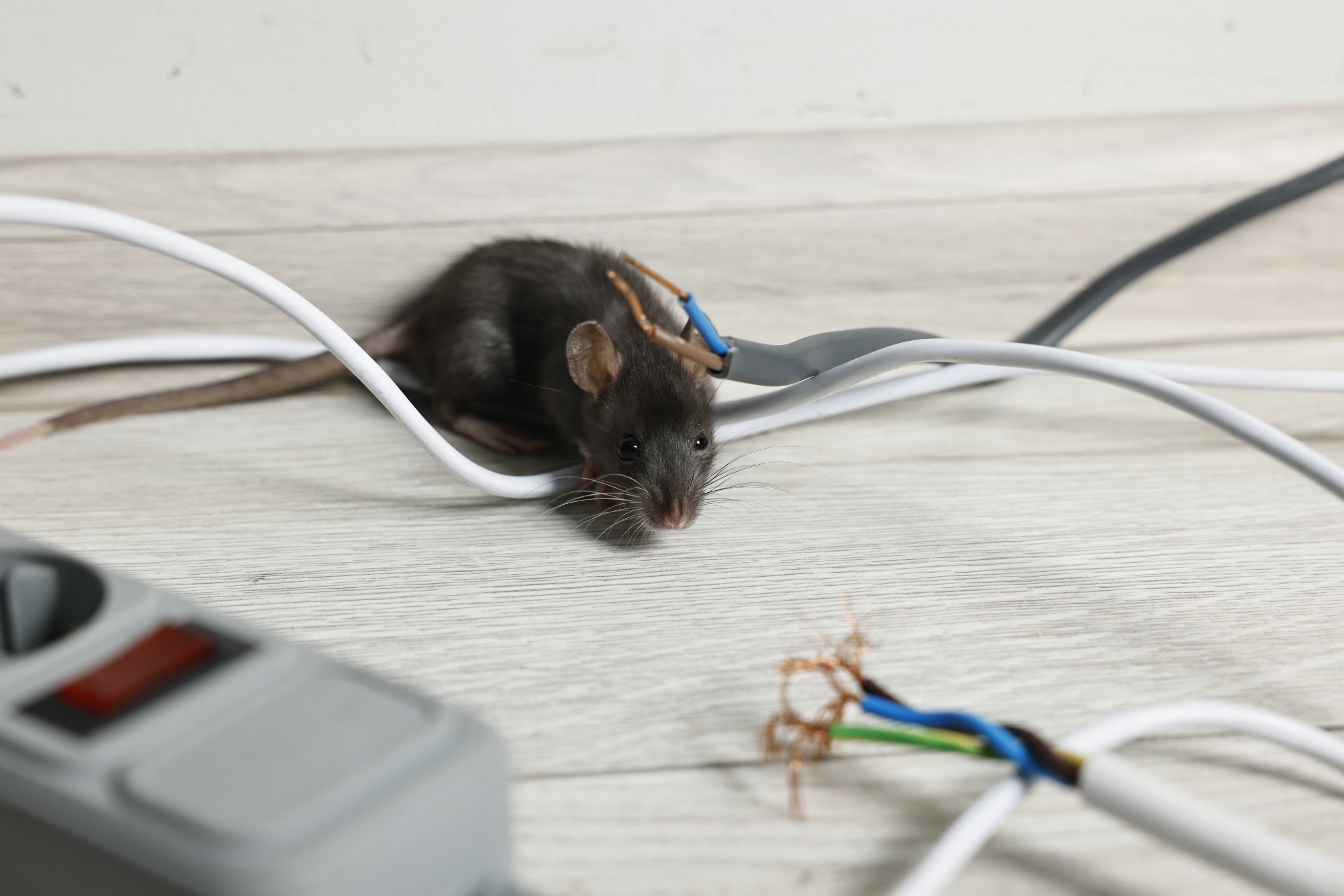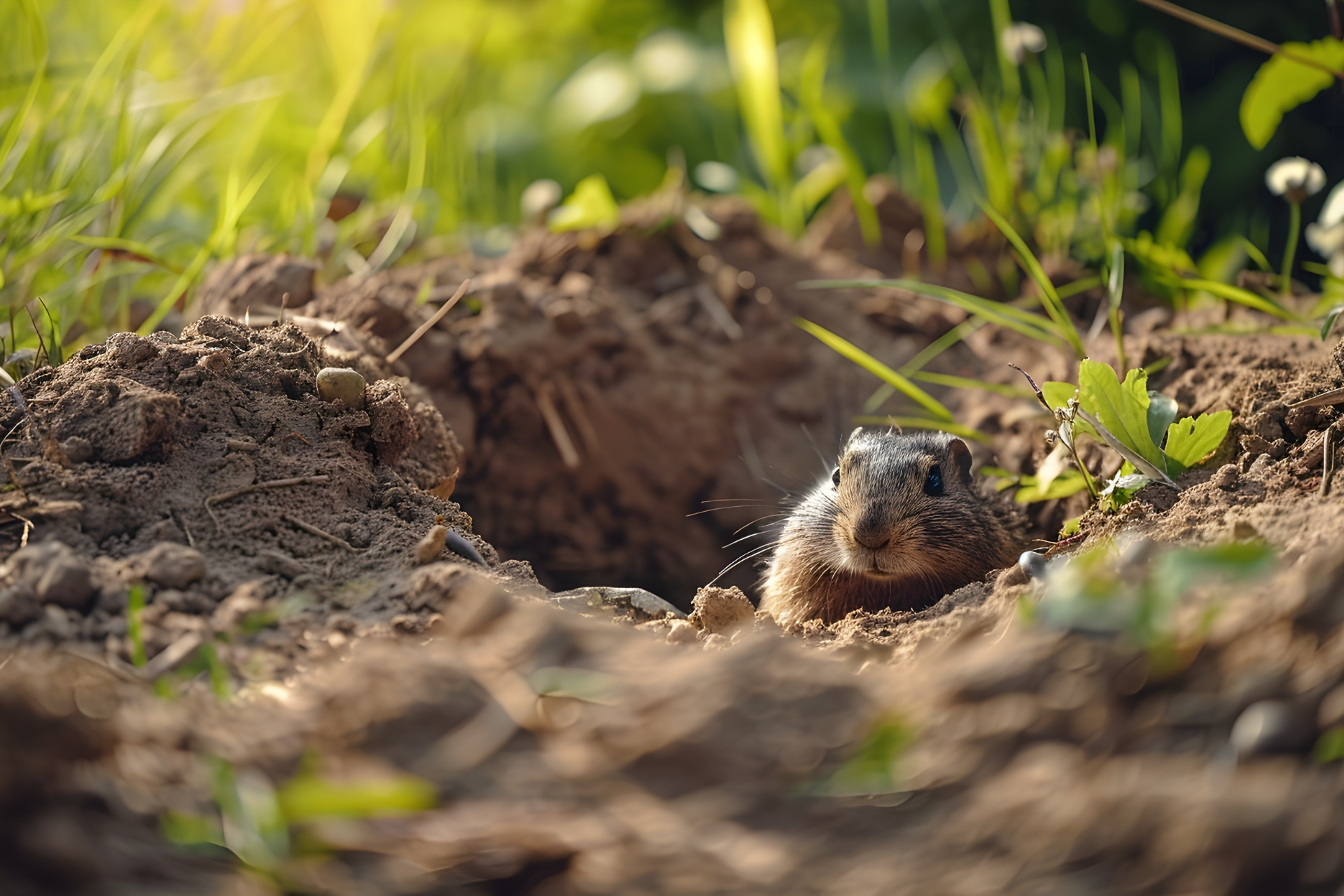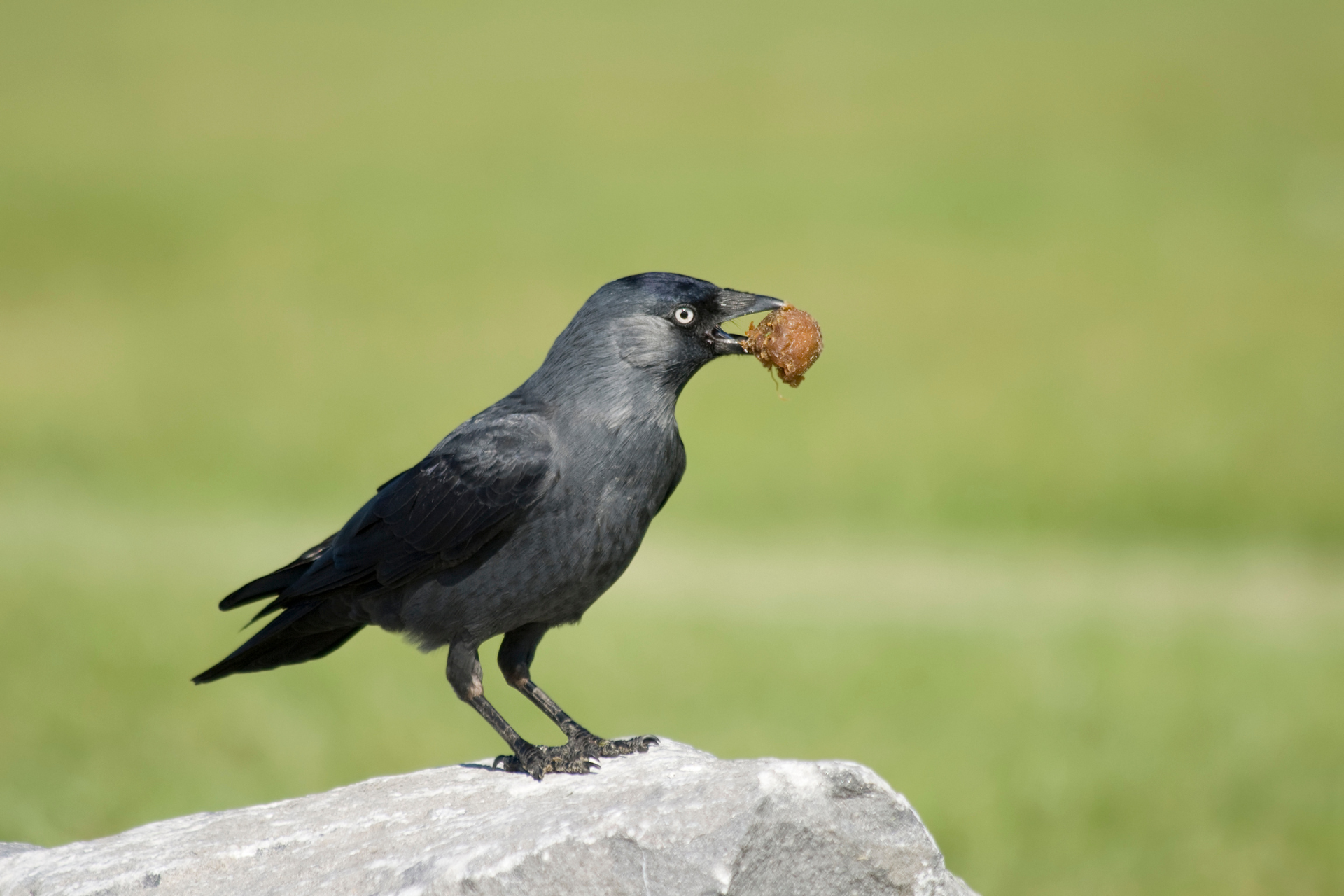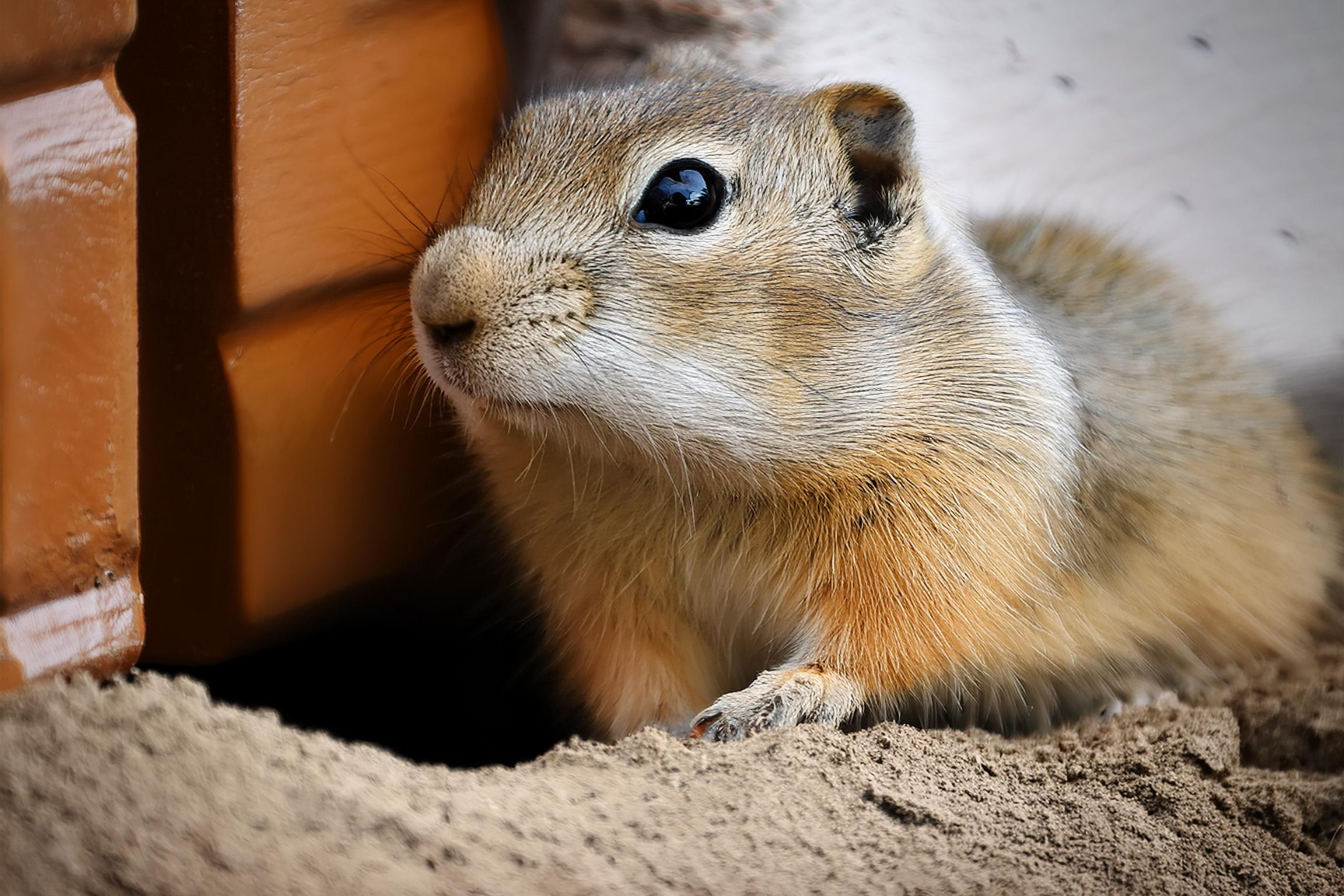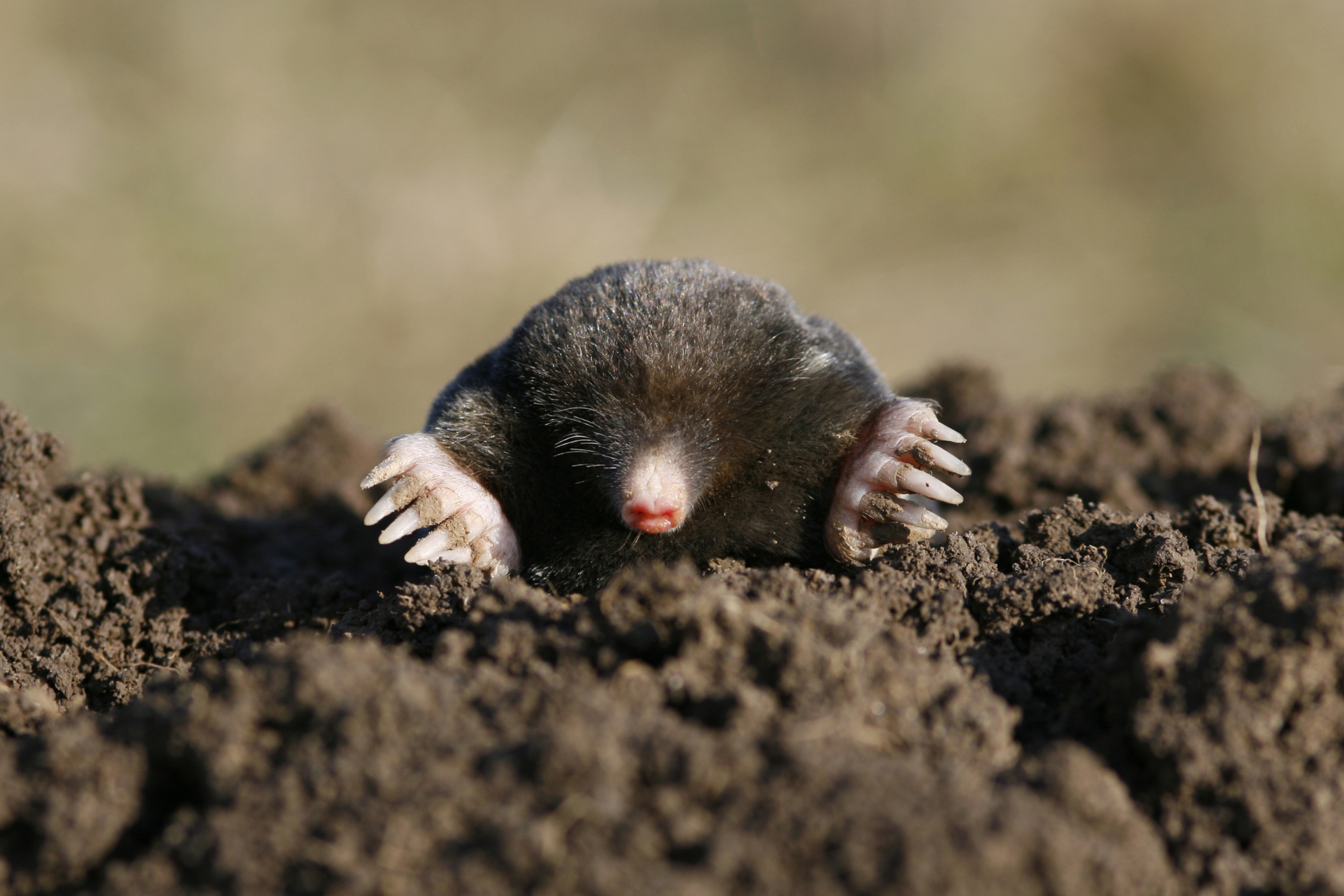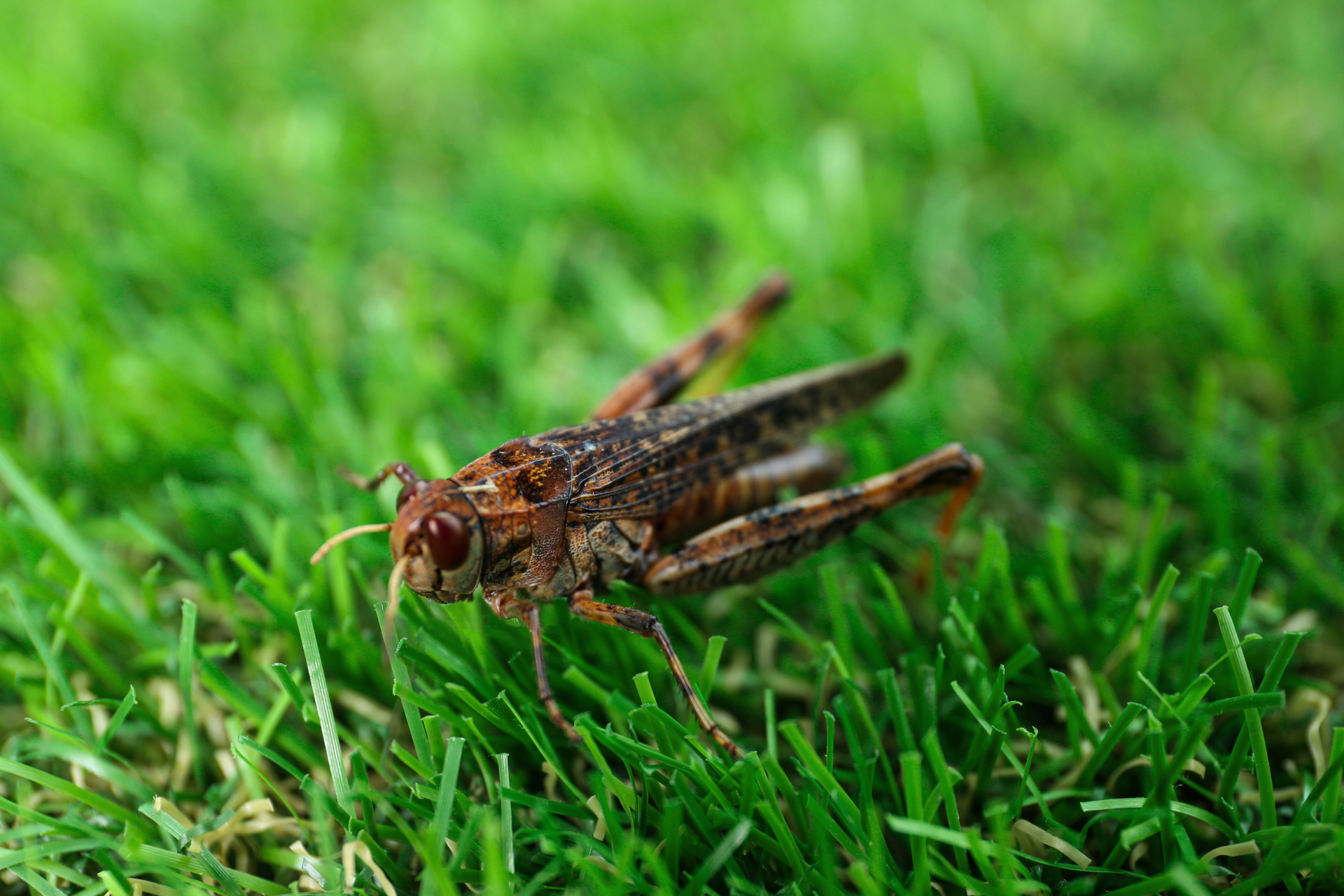How To Keep Bugs And Critters Away From Your Garden
Our backyards are often places of sanctuary—a space to relax, grow vegetables, or simply enjoy the beauty of nature. However, pests like aphids, moles, and mosquitoes can quickly turn these serene spaces into areas of frustration. Unwanted insects and critters can damage plants, destroy lawns, and make outdoor living unbearable. Fortunately, there are effective strategies for pest-proofing your backyard that allow you to keep your garden healthy and enjoyable, without resorting to drastic measures.
The Importance Of A Healthy Ecosystem
One of the first steps to pest-proofing your backyard is to understand that a healthy ecosystem plays a significant role in natural pest control. Encouraging biodiversity in your garden means you can often rely on nature’s own system of checks and balances. Predators like birds, frogs, and beneficial insects such as ladybugs and spiders can help keep pest populations in check. This approach doesn’t mean neglecting protective measures but rather working with nature to keep pest numbers low.
Good soil health is the foundation for a pest-resistant garden. When your plants are strong and healthy, they are much more capable of fending off insects and disease. Compacted or nutrient-deficient soil creates stress on plants, making them more vulnerable to pests. Start by ensuring that your soil is well-aerated and rich in organic matter. Composting and mulching help retain moisture, reduce weeds, and enhance soil structure, giving your plants a healthy environment to thrive in. Plants growing in nutrient-rich soil are better equipped to withstand attacks from pests like aphids, which thrive on weakened vegetation.
Additionally, rotating your garden crops each year can help prevent the build-up of pests that target specific plants. Many insects, like aphids and beetles, are attracted to certain crops and can overwinter in the soil. By rotating your plant beds, you can interrupt their life cycle and prevent them from establishing a foothold in your garden.
Creating Barriers For Ground Pests
One of the more challenging pests to manage in a backyard setting are moles. Moles may not directly feed on plants, but their tunneling activity can cause extensive damage to lawns and root systems. They dig through the soil in search of insects and grubs, disrupting the root structure of plants and creating unsightly mounds across your yard. To control moles, it’s essential to first address their food source—grubs and other insects. Applying beneficial nematodes, which are microscopic organisms that naturally target soil-dwelling pests, can reduce the food supply for moles, encouraging them to move on.
Another effective method for protecting your garden from burrowing pests is to install physical barriers. For moles, a mesh barrier buried around the perimeter of your garden bed can prevent them from digging into sensitive areas. A mesh size of around 1/4 inch is typically effective for keeping moles out while still allowing roots to grow freely.
Keeping Aphids At Bay
Aphids are tiny, sap-sucking insects that can cause a lot of damage to plants in a short amount of time. They tend to target new growth, stunting plants and spreading disease. While aphids may be small, they reproduce quickly, and a single colony can grow to problematic numbers in a matter of days.
One of the most effective ways to control aphids is by introducing beneficial insects into your garden. Ladybugs and lacewings are natural predators of aphids and can help keep their population under control. You can also encourage these beneficial insects by planting nectar-rich flowers nearby, which will attract them to your garden.
In addition to predators, you can use simple deterrents like a steady stream of water from the hose to dislodge aphids from plant stems. This won’t eradicate them, but it will help manage small infestations before they get out of hand.
For those who prefer more hands-on methods, neem oil is a natural, non-toxic insecticide that is particularly effective against aphids. It disrupts the life cycle of these pests, preventing them from feeding and reproducing without harming beneficial insects when used correctly.
Mosquito Management For Outdoor Comfort
Mosquitoes are notorious for ruining outdoor gatherings and making backyard enjoyment difficult. They not only cause itchy bites but can also carry diseases, making them a real health concern. While it may seem impossible to fully eliminate mosquitoes from your yard, there are strategies to significantly reduce their presence.
The first line of defense is to remove any standing water from your property, as mosquitoes lay their eggs in stagnant water. Be vigilant about checking for clogged gutters, empty flower pots, or even the water in bird baths. If you have larger water features, such as ponds or fountains, consider adding mosquito dunks—these biological control agents kill mosquito larvae without harming fish or plants.
Mosquito-repelling plants such as citronella, lavender, and lemon balm are helpful in warding off mosquitoes but should not be relied upon as a sole defense. Instead, using a combination of methods, including installing a fine mesh around outdoor seating areas and lighting mosquito-repelling lanterns, will create a more mosquito-free environment.
Another tip for reducing mosquito activity is to install outdoor fans. Mosquitoes are weak flyers, and a fan set on low speed can disrupt their flight patterns, making it harder for them to land.
Mulching For Pest Control
Mulch is not just beneficial for retaining moisture and improving soil health—it also plays a role in pest control. Organic mulches, like wood chips or straw, help create a hostile environment for pests such as ants, slugs, and termites. These pests prefer dry, compacted soil, and a layer of mulch can deter them by keeping the ground moist and cool.
However, it’s important to be strategic about how and where you mulch. Avoid piling mulch directly against the base of plants, as this can encourage pests like slugs to hide and thrive. Instead, leave a small gap around the plant stem to discourage unwanted critters from making their home too close to your crops.
Consistent Monitoring And Maintenance
The key to long-term pest control in your backyard is consistent monitoring and early intervention. Inspect your plants regularly for signs of pest activity, whether it’s the tiny clusters of aphids on a leaf, small holes in the foliage from beetles, or burrows in the lawn from moles. The earlier you catch these problems, the easier it is to manage them without resorting to drastic measures.
Keeping your backyard pest-free requires a balanced approach that combines natural deterrents, good garden practices, and proactive pest management. At 101 Gopher and Pest Control, we understand the challenges of maintaining a healthy, pest-free garden and yard. Our team is here to help you implement the best solutions to keep bugs and critters from taking over your outdoor space. Whether it’s gophers, mosquitoes, or aphids, we offer expert advice and comprehensive pest control services to ensure that your garden thrives.
For professional assistance in protecting your yard and garden, contact 101 Gopher and Pest Control today. Let us help you safeguard your outdoor spaces from pests, so you can enjoy the beauty and tranquility of your backyard all season long.

